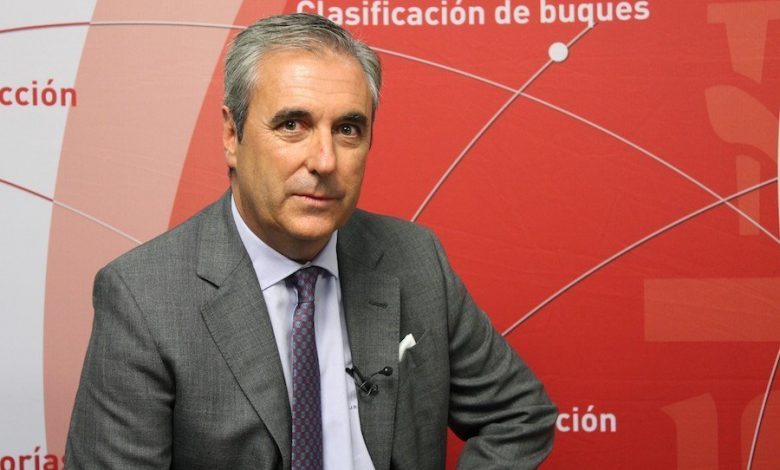Suardiaz: ‘Setting an example by taking the environmental lead’

Spanish shipping group Suardiaz is entering a new step of its business development plan with investments mainly in LNG bunker vessels and new orders of roro ships still to come in the near future.
“We recently signed a 1+1+1 new construction of LNG ready bunker vessels which will be the first multiproduct LNG ready barges in Europe” Juan Riva, CEO of Grupo Suardiaz tells Maritime CEO. “Within our new investments we are also taking into consideration the potential renewal of our roro fleet for the motorways of the seas which would now incorporate dual motors. In addition, we are also considering chemical vessels and a small scale LNG ship.”
Grupo Suardiaz, officially established in 1944 by brothers Rafael and Jose Riva Suardiaz, is still today a family owned shipping firm and one of the strongest companies in the Spanish maritime market. Since the beginning of its activities in the maritime field, the company was a pioneer at operating roro vessels and nowadays has the largest fleet of roro and car carriers in Spain.
“We currently operate 10 car carrier and roro vessels, two containerships and two bunkering ships,” says Riva, clarifying that the company’s main activities are motorways of the seas, Suardiaz Energy, terminals, agencies, port services, road and rail transportation.
Looking at the mid-term future of the industry, the ceo of Grupo Suardiaz underlines that “as long as the global commercial activity is sustainable, our industry will remain strong, providing solutions to the transport demand between countries. However, there might be some variations in geographies and type of cargo.” Nevertheless he cites new regulations as one of the biggest challenges for shipping. “A very important challenge our industry will face in the future is having to adapt our fleets to the new environmental regulations, either by adapting the current fleets with innovative technologies or via the construction of new even greener vessels. Nonetheless, we must not forget that maritime shipping continues to be by far the most efficient and environment friendly means of transport, with the lowest fuel consumption and CO2 emissions per transported ton.”
Talking also as president of the European Community Shipowners’ Associations (ECSA), Riva stresses that EC shipping firms fully support the decision of the IMO’s 70th Marine Environment Protection Committee (MEPC) on limiting the sulfur limit of maritime fuels to 0.5% by 2020. “Although shipping continues to be the most sustainable means of transport, we believe in setting an example by taking this lead in the transportation sector,” Riva says, concluding: “The challenge that we might encounter is having enough compliant fuel supply available by then, which is what the Bimco reports have actually suggested as a potential struggle. However, setting challenging targets is the only way to achieve ambitious goals. In addition to this, MEPC has also agreed to develop an IMO strategy in order to further reduce CO2 emissions in the maritime transportation, which might be enforced by the MEPC 72 meeting in 2018.”
